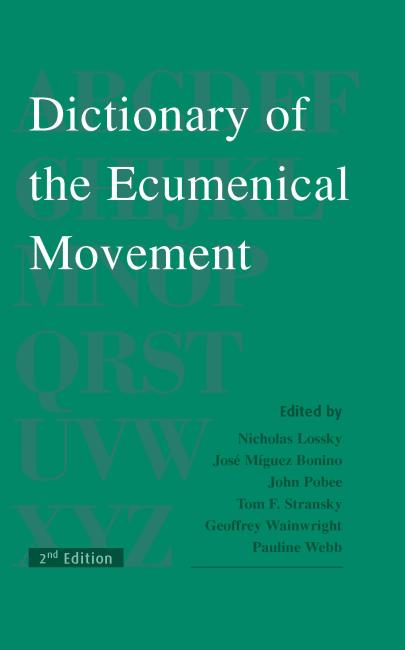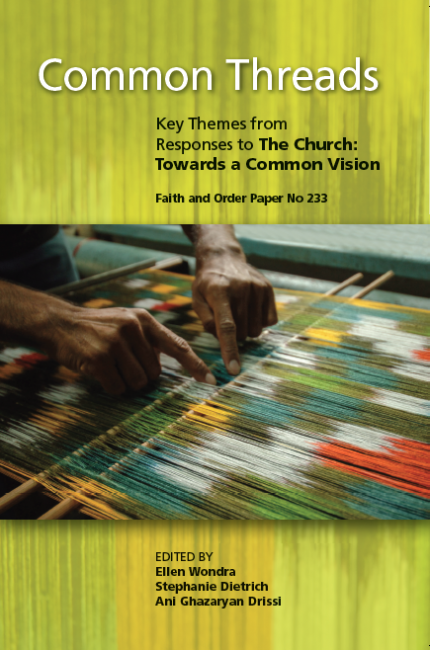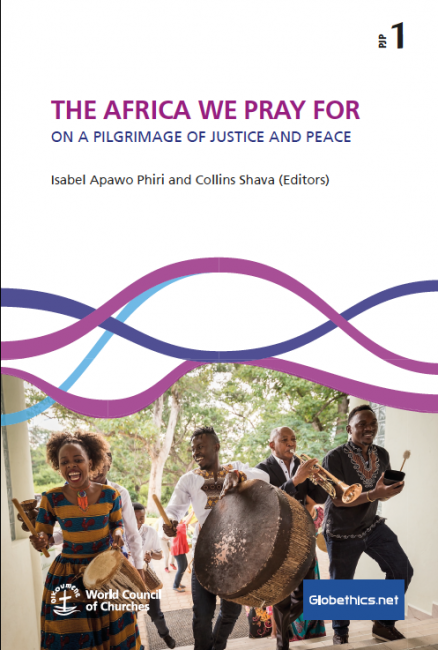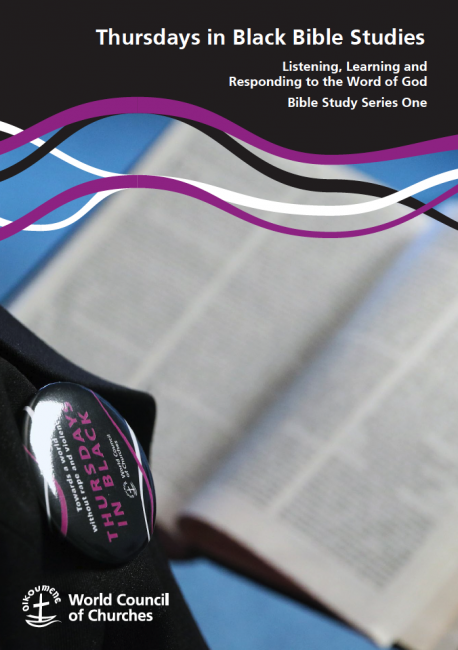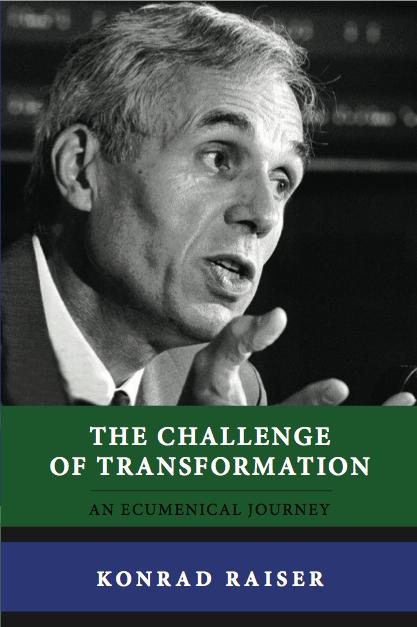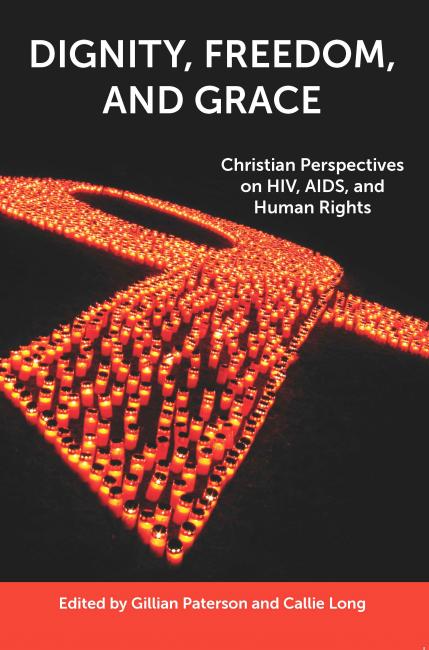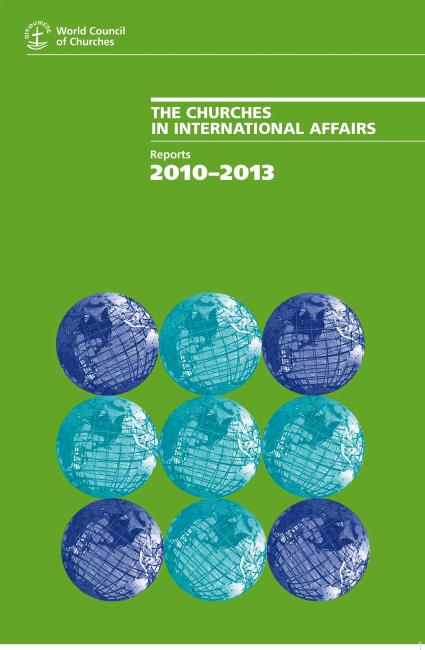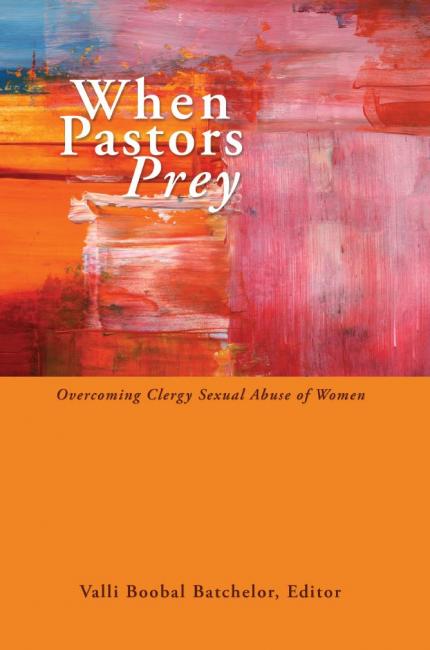Displaying 1 - 20 of 20
Ahead of Her Time
Pan-African Women of Faith and the Vision of Christian Unity, Mission, and Justice
01 November 2023
A Guide for Churches on the Prevention of Obstetric Fistula
26 October 2023
Dictionary of the Ecumenical Movement (2nd Edition)
28 November 2022
Health-Promoting Churches Volume III
Contextual Bible Studies on Health and Healing
04 September 2022
Common Threads
Key Themes from Responses to The Church: Towards a Common Vision. Faith and Order Paper No 233
25 February 2022
Thursdays in Black Bible Studies Series 1
Listening, Learning and Responding to the Word of God
21 October 2021
The Invisible among Us
01 July 2016
Journey for Justice: The Story of Women in the WCC
15 February 2016
The Churches in International Affairs. Reports, 2010-2013.
02 August 2014
When Pastors Prey: Overcoming Clergy Sexual Abuse of Women
01 October 2013



